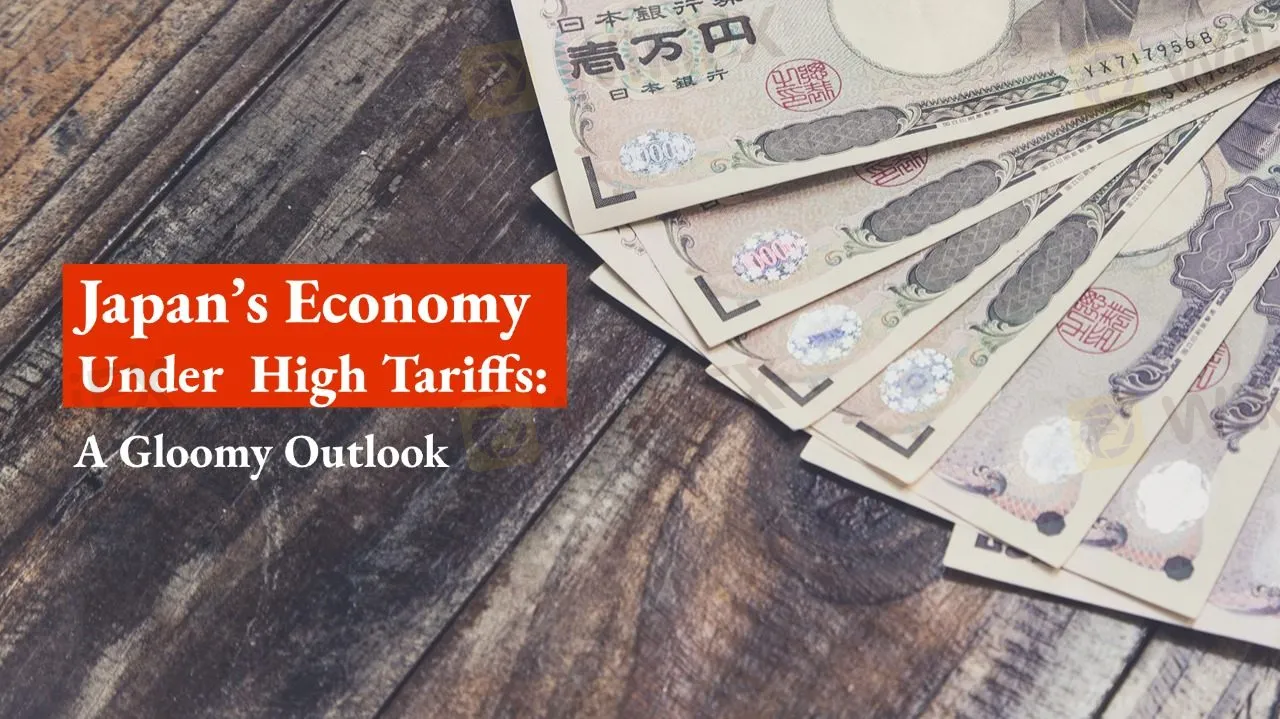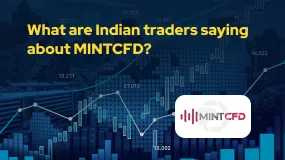简体中文
繁體中文
English
Pусский
日本語
ภาษาไทย
Tiếng Việt
Bahasa Indonesia
Español
हिन्दी
Filippiiniläinen
Français
Deutsch
Português
Türkçe
한국어
العربية
Japan’s Economy Under High Tariffs: A Gloomy Outlook
Abstract:Export restrictions, currency fluctuations, and upcoming tariff talks cloud Japan's economic outlook.

Japan's economy is currently navigating a period of heightened uncertainty, primarily driven by export challenges. As the automotive industry, which is crucial for Japan‘s exports to the U.S., faces tariffs as high as 25%, the country’s export-driven economy is under severe strain.
In addition to tariff pressures, fluctuations in the Japanese yen are raising concerns over the central banks next moves. Ahead of the upcoming trade talks between Japan and the U.S., Japan has made its stance clear, signaling its intent to hold firm and secure a better position in negotiations.
The economic challenges Japan faces go beyond tariffs. As semiconductor and AI hardware emerge as key points of contention in international trade, these sectors may also be affected by tariffs. Furthermore, the yens ongoing volatility complicates Japan's monetary policy.
If the Bank of Japan raises interest rates too quickly, it could harm corporate investment and consumer spending. Conversely, maintaining accommodative policies may lead to further depreciation of the yen and increased import costs. Policymakers are navigating a complex situation, where any misstep could have significant consequences for Japans recovery.
Uncertain Negotiations, A Need to Rebuild Policy Trust
Looking ahead, Japan faces challenges not only at the negotiation table but also in rebuilding domestic confidence in its economic policies.
The past perception of a “special relationship” with the U.S. under former Prime Minister Abe did not result in tangible protection, leaving the current leadership under greater scrutiny. The challenges Japan faces are no longer limited to trade numbers; they involve macroeconomic policy coordination and long-term strategic adjustments.
Balancing export competitiveness with domestic demand, while stabilizing the yen and controlling inflation, will be key issues for Japans economy moving forward.

Disclaimer:
The views in this article only represent the author's personal views, and do not constitute investment advice on this platform. This platform does not guarantee the accuracy, completeness and timeliness of the information in the article, and will not be liable for any loss caused by the use of or reliance on the information in the article.
Read more

SkyLine Judge Community: Appreciation Dinner Successfully Held in Malaysia
On August 1, 2025, the SkyLine Judge Appreciation Dinner was successfully held in Kuala Lumpur, Malaysia. As the first WikiFX SkyLine event in Malaysia this year, the dinner not only aimed to express sincere gratitude to expert judges, partners, and industry representatives who have long supported the development of the SkyLine Judge Community but also facilitated in-depth discussions on the future direction of forex trading safety, financial education, and industry transparency.

AssetsFX Scam Alert: 5 Troubling Signs
Forex trading has become a critical game now because of advancements in technology. Due to this Unfortunately, scam brokers have also entered in the Forex market. Therefore, you need to stay alert. This article aims to warn all traders and investors. Read carefully and stay aware.

Forex Success Stories: Lessons You Can Use to Win
There can be many ups and downs even for the world’s best forex traders. However, they remain undeterred in their vision to overcome the challenges that come their way. That’s why they form part of forex success stories that continue to inspire generations. One can inherit some lessons to be among successful currency traders. In this article, we will be sharing the lessons you can use to be successful in forex trading.

What are Indian Traders saying about MINTCFD?
MINTCFD is an India-based broker. It's important to note that independent watchdogs have issued scam alerts against the broker. They label MintCFD as risky and possibly fraudulent. In this Article, we will tell you the red flags of MINTCFD to protect your money
WikiFX Broker
Latest News
Euro zone inflation holds steady at higher-than-expected 2% in July
Forex Success Stories: Lessons You Can Use to Win
Scam Alert: FCA Issued Warning! Check the List of Unauthorized Brokers Below!
FCA Forex Trading Regulations Explained – What Every Trader and Broker Must Know
FIBO Group: A Closer Look at Its Licenses
Making Money with Forex Weekend Trading
Interactive Brokers Expands Forecast Contracts to Europe
Robinhood Gains 2.3M New Accounts, Platform Assets Close to $280B
CVS shares pop on earnings beat and outlook, as retail pharmacy and insurance units improve
CNBC's Inside India newsletter: Why an India-U.K. trade deal does not make U.S.-India agreement any easier
Currency Calculator


